The aim of this talk is to take a fresh look at the image of Britain’s first Public Enemy Number One: Thomas Paine. From the 1790s onwards, Paine’s political and religious writings symbolized everything that the British establishment feared about radical ideas and the rise of the ‘common’ reader. Paine ensured his terrorist credentials with the publication of the Rights of Man (1791-2), but this talk will focus on his other massively subversive book, Age of Reason (1795), a study in ‘infidel’ thought which posed an even greater threat to the British ruling class. Paine was now doubly dangerous, and the response of loyalist propaganda was to portray him as a violent and godless demon who was hell-bent on destroying the British way of life. Despite this onslaught, Paine’s ‘infidel’ reputation was actually revived after the end of the Napoleonic wars when Richard Carlile and other radical publishers reprinted his works. This renewed ideological and cultural conflict reached a boiling point in 1819, the year of the Peterloo massacre. The leading Regency caricaturist George Cruikshank produced a striking satirical print called Age of Reason in which radical politics and infidelism are fused into a nightmarish image of violent insurrection and chaos. My talk will show how Cruikshank drew on well-established visual vocabulary in order to transform Paine into a violent ‘spectre’, but I will also show that this transformation was an ironic inversion of Paine’s own attack on the phantoms and illusions of both religion and politics.
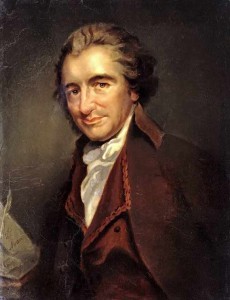
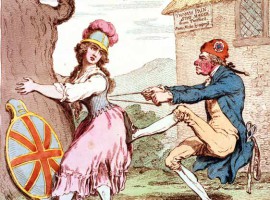
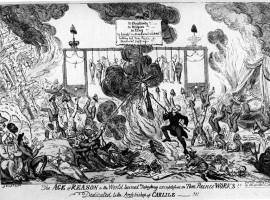
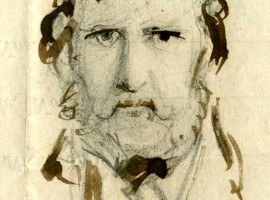
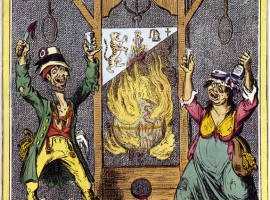
Event details
Date: , 2008
Time:
Venue: Bridewell Police Station, BS1 2LE
Price: Donation
With: Ian Haywood
Series: Off With Their Heads - Bristol Radical History Week 2008




